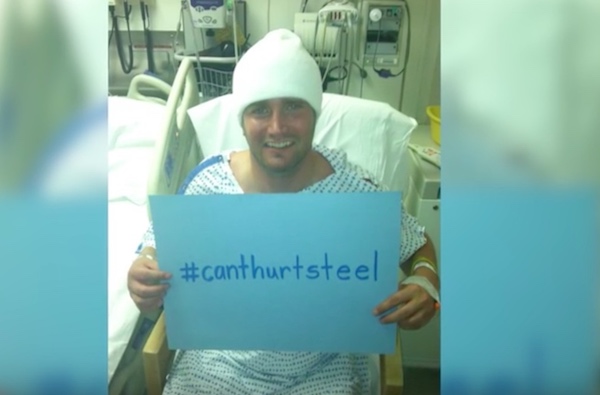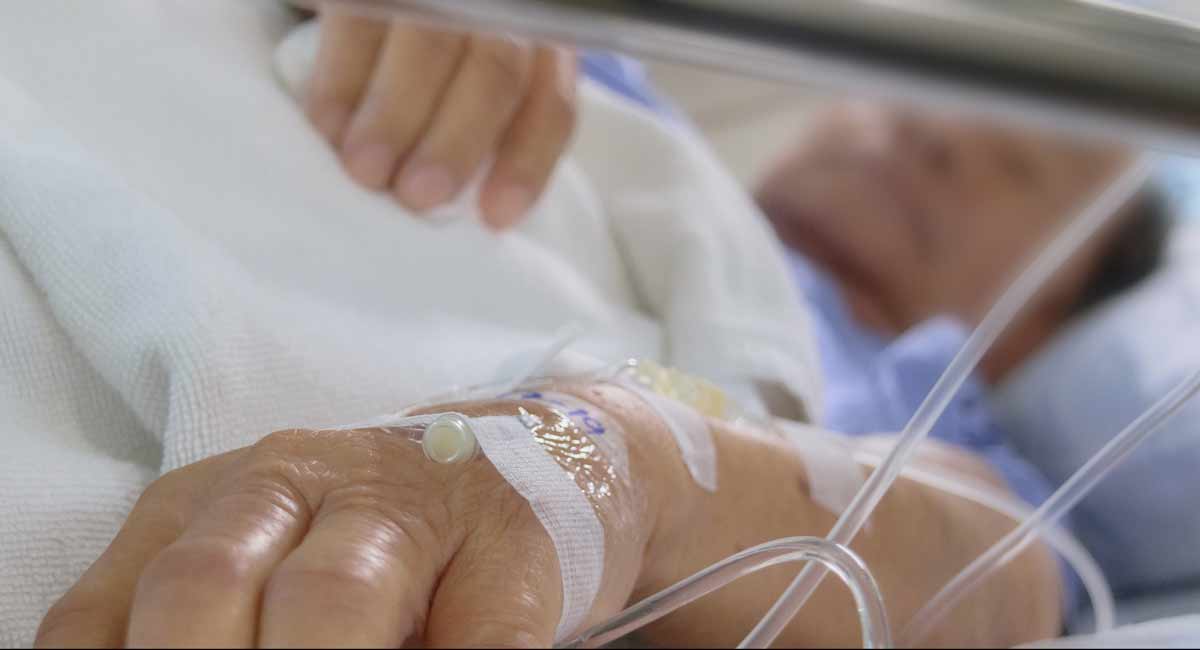A law student has written an article in the Journal of Criminal Law and Criminology arguing that prison inmates should be allowed to undergo assisted suicide, with evidently no concern for the ethical problems such a scenario proposes. Noting that assisted suicide is becoming increasingly acceptable across the country, Kathleen Messinger argued that terminally ill prisoners should be allowed to kill themselves too.
Created in 1910, the Journal of Criminal Law & Criminology is a peer-reviewed academic journal published by the Northwestern University School of Law, and it is the second most widely subscribed journal published by a law school in the United States. In Messinger’s article, she drew a comparison between prisoners having the ability to refuse medical treatment, but not having the ability to kill themselves.
“Aid in dying is often supported by notions of autonomy and dignity in choosing the conditions of if, when, and how to end one’s life, however, there is one noticeable segment of the population entirely left out: incarcerated individuals,” she wrote in the introduction. “The incarcerated population is particularly relevant to the aid in dying conversation because, as the justice system continues to balloon and incarcerate more people, prisons are overcrowded, underfunded, and ill-equipped to support terminally ill and aging inmates. This leaves the aging incarcerated population vulnerable.”
READ: After he was paralyzed, he considered assisted suicide. Now, he’s running.
Messinger then positively framed an example of a patient who was allowed to starve himself to death. “The ability of prison officials to force feed inmates is another example of how courts treat incarcerated and nonincarcerated individuals’ autonomy differently. Based on the holding in Cruzan—that a competent person has a Fourteenth Amendment liberty interest in withdrawing medical care—prisoners should be able to starve themselves under the Fourteenth Amendment and autonomy principles,” she wrote. “While the Supreme Court has not weighed in on a constitutional right to starve, several state court cases are informative on the issue.” She noted that while the state of Georgia wanted to force-feed one prisoner who starved himself, the Supreme Court disagreed, and then bemoaned that other states did not follow the precedent set in the case, Zant v. Prevatte.
Messinger then moved on to complain that while assisted suicide is being legalized in more and more states, prisoners cannot take advantage. “While aid in dying is available in states that permit it, the same compassion is not extended to prisoners with terminal illnesses,” she said. “Prisoners over the age of fifty represent the fastest growing prison population. The aging and terminally ill prison population poses unique health care challenges such as chronic illness, heart disease, and diabetes that prisons are ill-equipped to manage. Incarcerated individuals age faster than their nonincarcerated counterparts. Research has shown that a prisoners’ physiological age averaged ten to fifteen years older than their chronological age. Furthermore, medical care is woefully inadequate for the aging and terminally ill prison population.”
Because prisoners don’t have access to adequate health care, denying them the right to assisted suicide, Messinger argues, is “cruel and unusual punishment,” while also pretending that assisted suicide is health care.

J.J. Hanson, who fought assisted suicide while suffering from brain cancer – glioblastoma. (Photo credit: Patients Rights Action Fund)
What Messinger fails to acknowledge at all is that prisoners are a uniquely vulnerable population, and it’s for that very reason that assisted suicide for inmates is a horrible idea. Someone who is imprisoned is literally incapable of giving consent freely. And, as Messinger points out, inmates often do not have access to quality health care, but that does not mean the answer is to kill them. The answer is to provide them with better health care. And the fact that the prison population is becoming older and sicker than the general population only means that, were assisted suicide available for them, they would be even more susceptible to coercion and pressure.
As it is, numerous studies from reputable medical journals have found that people who want to undergo assisted suicide don’t do so because of fear of pain or a long, undignified death; they want to die because they are depressed, hopeless, have a lack of support, and fear they are a burden. When these issues are addressed, the request is withdrawn. All of these issues — hopelessness, a lack of support, feeling they are a burden — easily apply to inmates. How, then, could it ever be considered a good idea to allow such people to take their own lives? It’s profoundly unethical, and everyone, even someone in prison, has the right to life.
“Like” Live Action News on Facebook for more pro-life news and commentary!







